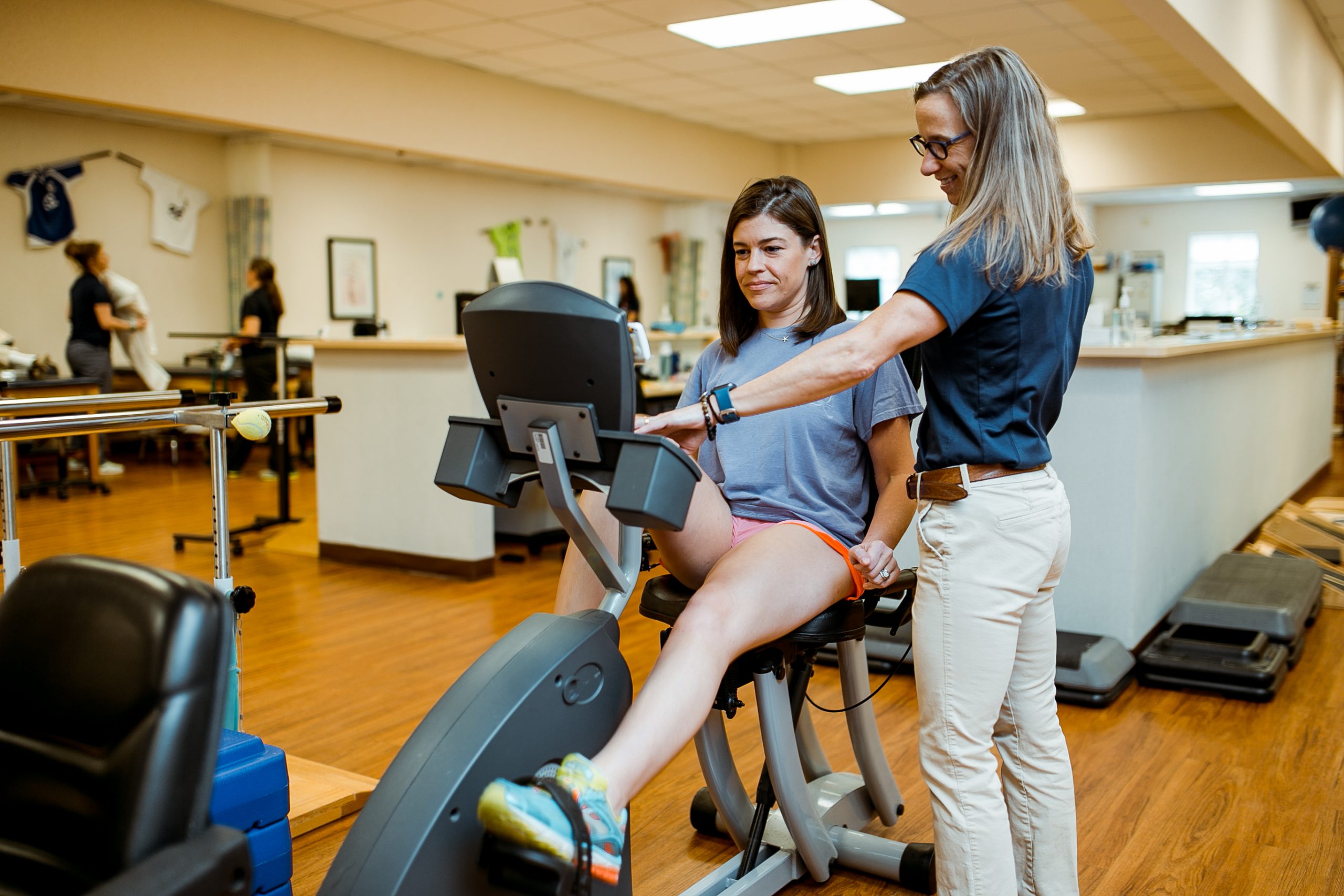Improving Efficiency and Reducing Injury Threat through Comprehensive Assessment of Equilibrium and Steadiness via Functional Movement Screening.
Improving Efficiency and Reducing Injury Threat through Comprehensive Assessment of Equilibrium and Steadiness via Functional Movement Screening.
Blog Article
Equilibrium and steadiness are essential components of physical fitness and overall well-being. They serve a critical part in daily activities, sports performance, and injury avoidance. When an person has strong equilibrium and steadiness, they are not as prone to trip or sustain damages during physical activities. One efficient way to evaluate these attributes is through Practical Motion Screening (FMS). FMS is a method used to analyze motion patterns and recognize discrepancies or deficiencies that could result to harm.
Practical Motion Assessment involves a series of particular tests that examine how well a person functions. The tests concentrate on basic actions such as squat, lunging, and bending. By observing these movements, trainers and medical experts can determine areas where an individual may struggle. For instance, if someone has difficulty keeping equilibrium while executing a squatting, it may suggest a need for specific exercises to improve power and control. This evaluation not only identifies weaknesses but also helps to monitor progress over time.
In addition to this to recognizing areas for enhancement, FMS serves a crucial part in avoiding harm. Many damages occur as a consequence of inadequate motion patterns, which can be identified through functional assessments. By addressing these issues early on, people can lower their likelihood of injury during sports or other bodily activities. For example, a runner who demonstrates an discrepancy in their stride may be increasingly susceptible to leg harm. By correcting these imbalances through specific training programs, the likelihood of injury can be significantly decreased.
Additionally, improving capability is another benefit of conducting a comprehensive evaluation of balance and stability. Athletes and engaged persons often aim to enhance their capability in particular find out this here activities or exercises. A comprehensive understanding of their movement styles allows coaches to develop personalized training programs that focus on specific weaknesses. By enhancing equilibrium and stability, sportspeople can improve their overall performance, whether it’s jogging more quickly, jumping higher, or performing exact movements in their activity.
In conclusion, the importance of evaluating equilibrium and stability through Functional Motion Assessment cannot be overstated. This comprehensive evaluation serves as a foundation for improving physical wellness, avoiding injuries, and enhancing athletic performance. By recognizing areas of weakness and implementing specific training strategies, people can achieve better outcomes in their bodily view it exercises. Focusing on balance and steadiness not only results to improved performance but also adds to a more wholesome, increasingly active lifestyle.